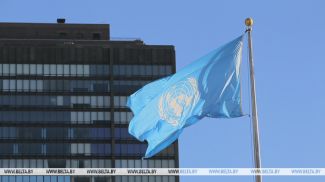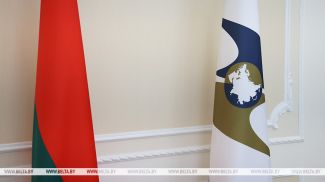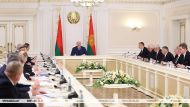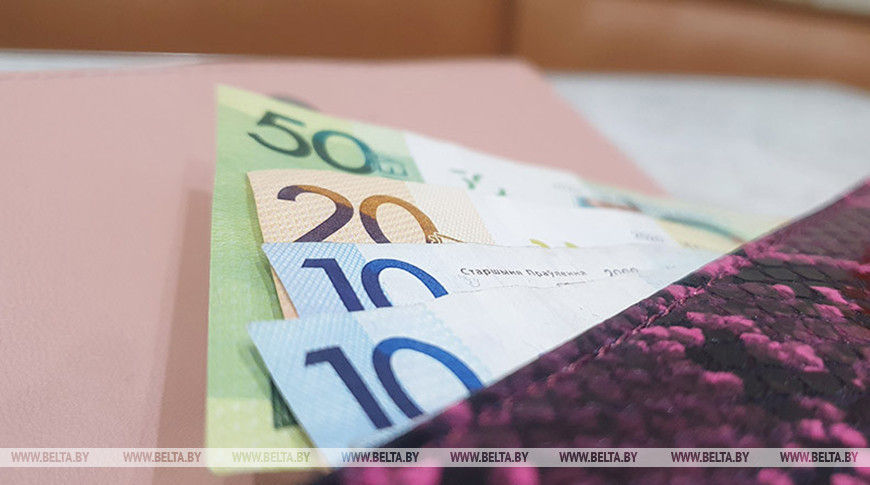
An archive photo
MINSK, 22 October (BelTA) – The average wage in January - August 2024 approached Br2,200, the highest in the past ten years, Belarusian First Deputy Prime Minister Nikolai Snopkov said during a joint sitting of the House of Representatives and the Council of the Republic in Minsk on 22 October, BelTA has learned.
“The key tool for retaining personnel is raising wages. The average wage in January-August of this year approached Br2,200, or $687 in equivalent, the highest in the past ten years,” said Nikolai Snopkov.
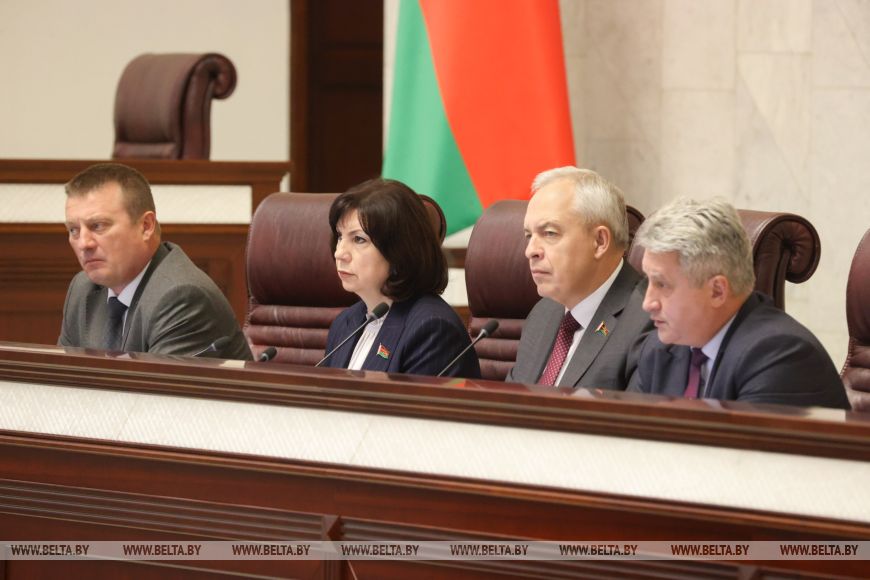
The increase in public sector wages is attributed to the upward revision of the base amount, as well as to wage rises in certain professional fields. “We will soon reach the five-year target for wages for healthcare personnel. If you remember, it was supposed to be 150% of the average wage, at the moment this figure is 143.3%. Work to raise wages for educators is in full swing. In January-August 2024, wages of teaching staff rose by 24.5%. As you remember, our target is 80% of the average wage,” he noted.
“The government oversees progress to fulfill the president's instruction to reduce the amount of low-paying work. For this purpose, the minimum wage was increased by 13% on 1 January; today it is Br626. The number of enterprises that paid wages below this threshold has decreased fivefold in previous years. But there is still work to do,” added Nikolai Snopkov.
“The key tool for retaining personnel is raising wages. The average wage in January-August of this year approached Br2,200, or $687 in equivalent, the highest in the past ten years,” said Nikolai Snopkov.

The increase in public sector wages is attributed to the upward revision of the base amount, as well as to wage rises in certain professional fields. “We will soon reach the five-year target for wages for healthcare personnel. If you remember, it was supposed to be 150% of the average wage, at the moment this figure is 143.3%. Work to raise wages for educators is in full swing. In January-August 2024, wages of teaching staff rose by 24.5%. As you remember, our target is 80% of the average wage,” he noted.
“The government oversees progress to fulfill the president's instruction to reduce the amount of low-paying work. For this purpose, the minimum wage was increased by 13% on 1 January; today it is Br626. The number of enterprises that paid wages below this threshold has decreased fivefold in previous years. But there is still work to do,” added Nikolai Snopkov.







